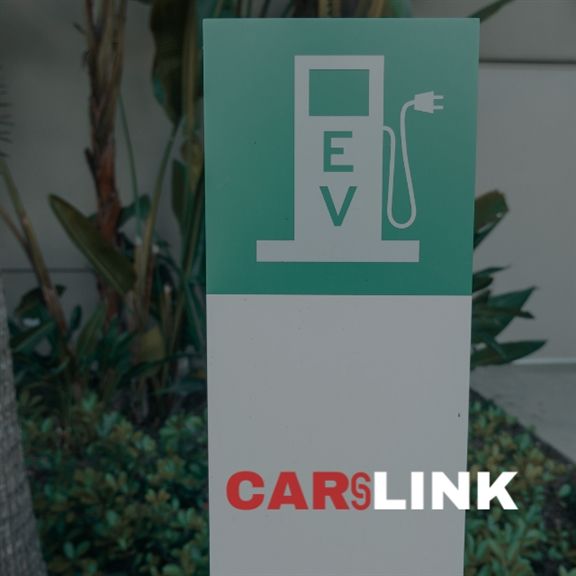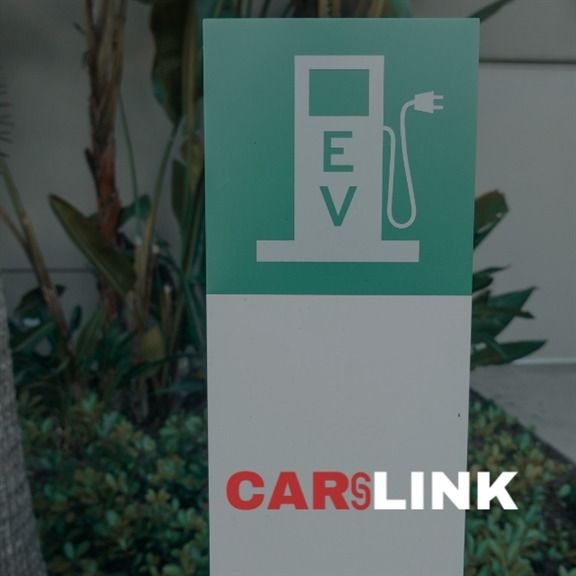
Balancing Green Ambitions with Industry Protection

The UK automotive industry faces a significant shift as Prime Minister Keir Starmer announces major changes to environmental regulations. Let's dive deep into the implications of these policy adjustments and what they mean for the industry.
Key Policy Changes:
- Electric Vehicle Mandate Modifications
- 2030 ban on new petrol and diesel cars remains in place
- Hybrid vehicles allowed until 2035
- Flexible targets for manufacturers until 2026
- Relaxed ZEV (Zero Emission Vehicle) mandate requirements
- Industry Protection Measures
- Response to Trump's 25% tariffs
- Support package for manufacturers
- Easier compliance requirements
- Enhanced flexibility in production planning
Pros of the New Policy:
- Industry Benefits:
- Reduced immediate pressure on manufacturers
- More time to adapt production lines
- Protection against international trade challenges
- Flexibility in meeting EV targets
- Consumer Advantages:
- More affordable electric vehicles
- Extended hybrid vehicle options
- Smoother transition to zero-emission vehicles
- Greater choice in the market
- Economic Benefits:
- Protected UK manufacturing jobs
- Maintained international competitiveness
- Balanced approach to green transition
- Support for domestic industry
Cons of the Policy Changes:
- Environmental Concerns:
- Potentially slower transition to zero-emission vehicles
- Extended lifetime for hybrid technologies
- Risk of missing climate targets
- Delayed full electrification
- Market Uncertainty:
- Mixed signals to manufacturers
- Potential investment hesitation
- Complex regulatory environment
- Varying compliance requirements
- International Relations:
- Possible tension with EU green policies
- Challenge to global climate commitments
- Trade relationship complications
- Regulatory alignment issues
Impact on Used Car Market:
- Short-term Effects:
- Stabilized used car prices
- Extended viability of hybrid vehicles
- Broader market choices
- Maintained value of existing stock
- Long-term Implications:
- Gradual shift to electric vehicles
- Balanced depreciation curves
- Sustainable market transition
- Protected consumer interests
Recommendations for Dealers:
- Inventory Strategy:
- Maintain diverse stock options
- Focus on hybrid vehicles
- Gradually increase EV inventory
- Keep balanced portfolio
- Customer Communication:
- Clear information about policy changes
- Transparent pricing strategies
- Educational approach to EV benefits
- Emphasis on long-term value
- Business Development:
- Invest in EV infrastructure
- Train staff on new technologies
- Develop hybrid vehicle expertise
- Build sustainable business models
Looking Forward: The policy changes represent a careful balance between environmental goals and economic realities. While some may view this as a step back from aggressive green targets, it provides a more realistic timeline for industry adaptation while maintaining the ultimate goal of zero-emission vehicles.
For dealerships like CarsLink Ltd., these changes offer opportunities to:
- Build trust through transparent customer education
- Develop expertise in both traditional and electric vehicles
- Create sustainable business models
- Maintain competitive advantage in the changing market
#UKAutomotive #GreenPolicy #EVTransition #StarmerPolicy #CarIndustry #AutoNews #ElectricVehicles #UKManufacturing #HybridCars #AutomotiveIndustry #GreenTransition #CarDealers #UsedCars #CarsLink #AutomativeNews #UKBusiness #CarBuying #CarFinance #ZeroEmission #ClimateAction #UKEconomy #CarIndustryNews #AutoTrade #GreenMobility #FutureOfCars